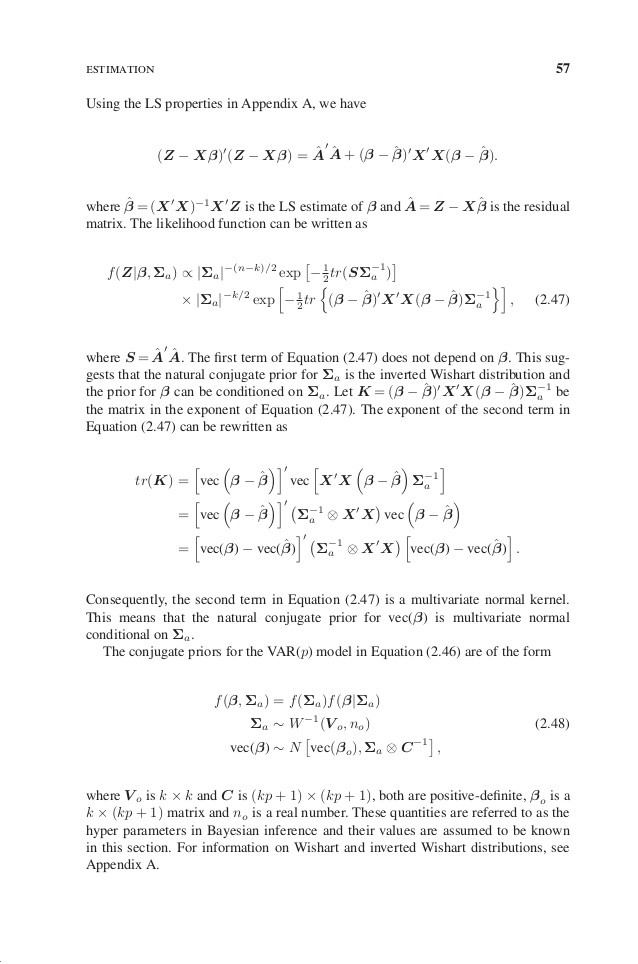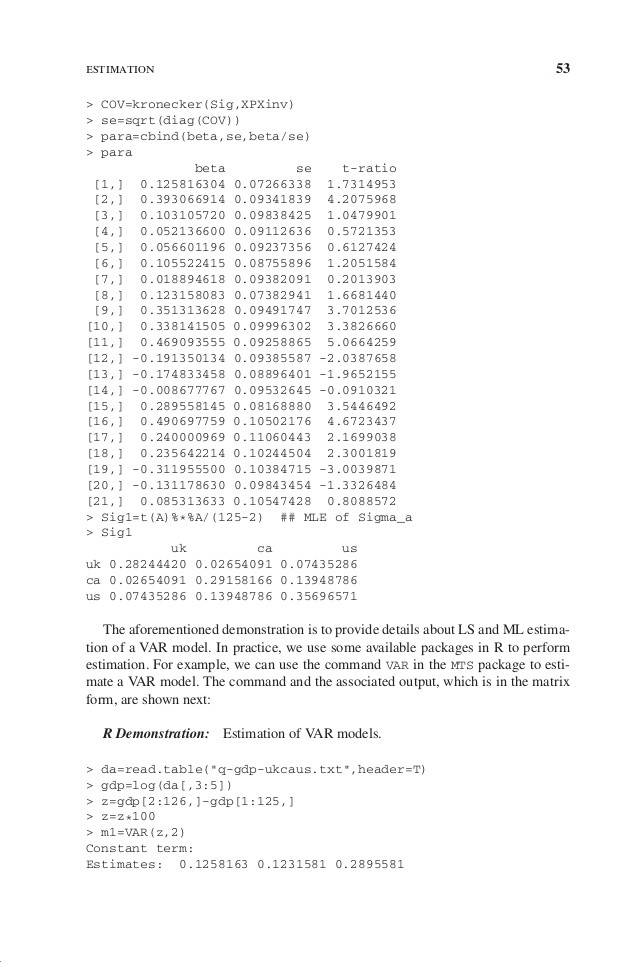This Will Cause the Next Financial Crisis (EXC JPM NTRS PFE STT WFC XOM)
Post on: 21 Июль, 2015 No Comment

Don’t let it get away!
Keep track of the stocks that matter to you.
Help yourself with the Fool’s FREE and easy new watchlist service today.
Across America, people are worried about their pensions. With the pressure that the Lost Decade has put on pension funds, the risks that they’re taking to try to boost their returns enough to cover their huge liabilities could be the next domino to fall after 2008’s financial crisis.
Problems, both public and private
Pensions in the private sector have been an endangered species for some time now. Over time, most companies have moved away from defined-benefit retirement plans in favor of 401(k) plans, in which workers bear the risk of bad investments rather than their employers. Many companies that have kept pension plans are facing severe underfunding problems. A Goldman Sachs report noted that as of the end of 2009, several of the largest pension plans in the country were funded at 75% or less of the true value of their liabilities, including Exelon ( NYSE: EXC ). ExxonMobil ( NYSE: XOM ). and Pfizer ( NYSE: PFE ) .
One place where pensions are still commonplace is in public sector jobs. Yet more recently, these pension plans have also come under fire because of outlandish promises to employees and falling tax revenue to fund those promises. Pension funds in several states face huge shortfalls. leading many to question whether pensions will be available to employees who are relying on them.
To try to bridge the funding gap, pension funds are making some bad decisions. Some have taken on more risk by adding leverage to their portfolios in the hopes that low interest rates will continue long enough for them to increase their net returns. But others are letting Wall Street take advantage of them in their desperation.
Securities lending and you
A recent New York Times article discusses how pension funds have increasingly engaged in a practice called securities lending. The idea behind securities lending is both simple and seemingly innocuous: Pension funds can earn a modest return by loaning out investments they intend to hold for the long run to hedge funds and other institutional investors, typically so that they can sell them short. In return, pension funds get a cash payment as collateral. Today, more than $2.3 trillion in securities are on loan.
That works well as a conservative way of boosting returns as long as the pension funds then reinvest the collateral in safe investments. But according to the Times. JPMorgan Chase ( NYSE: JPM ) urged pension fund clients to make riskier investments, sharing in gains but forcing pension funds to bear the full risk of loss. Nor is the practice limited to a single bank; Northern Trust ( Nasdaq: NTRS ). Wells Fargo ( NYSE: WFC ). and State Street ( NYSE: STT ) have also faced both criticism and litigation for similar deals with clients.

It’s easy to lay blame on Wall Street for trying to take advantage of ailing pensions. But like the many homebuyers in the mid-2000s who knew they couldn’t cover their mortgage payments if home prices ever stopped going up, pension funds are sophisticated enough to know better than to think they can find free money from what amounts to taking on additional leverage without big risks.
What it means for you
Whether you work for an employer that pays a pension, you will be affected by the ongoing pension crisis. As a taxpayer, you’ll bear the cost of promises made by government officials from years or even decades ago. As a consumer, you’ll pay increased costs for products made by companies trying to shore up their pension funding. And as an investor, you’ll have to deal with the added instability that comes from vulnerable institutions engaging in incredibly risky behavior just to grab an extra percentage point or two of return.
The best way to handle the effects of pension desperation is to take the other side of their trades. When pensions reach for extra yield via longer-term bonds, steer clear of the bond market. As pensions increase leverage, make sure your own personal balance sheet is cleaner than ever. You may not avoid all the collateral damage from a pension meltdown, but by defending yourself, you can at least partially insulate yourself from its impact.
Stop playing Wall Street’s games. Find stocks you can believe in for the long haul. Click here to get The Motley Fool’s free report, 5 Stocks the Motley Fool Owns. and You Should, Too .
Fool contributor Dan Caplinger tried to get a job with the town of Bell, Calif. but didn’t manage to score a million-dollar pension. He doesn’t own shares of the companies mentioned in this article. Exelon and Pfizer are Motley Fool Inside Value picks. The Fool owns shares of Exelon and ExxonMobil. Try any of our Foolish newsletter services free for 30 days. We Fools may not all hold the same opinions, but we all believe that considering a diverse range of insights makes us better investors. The Fool’s disclosure policy does well in a crisis.














